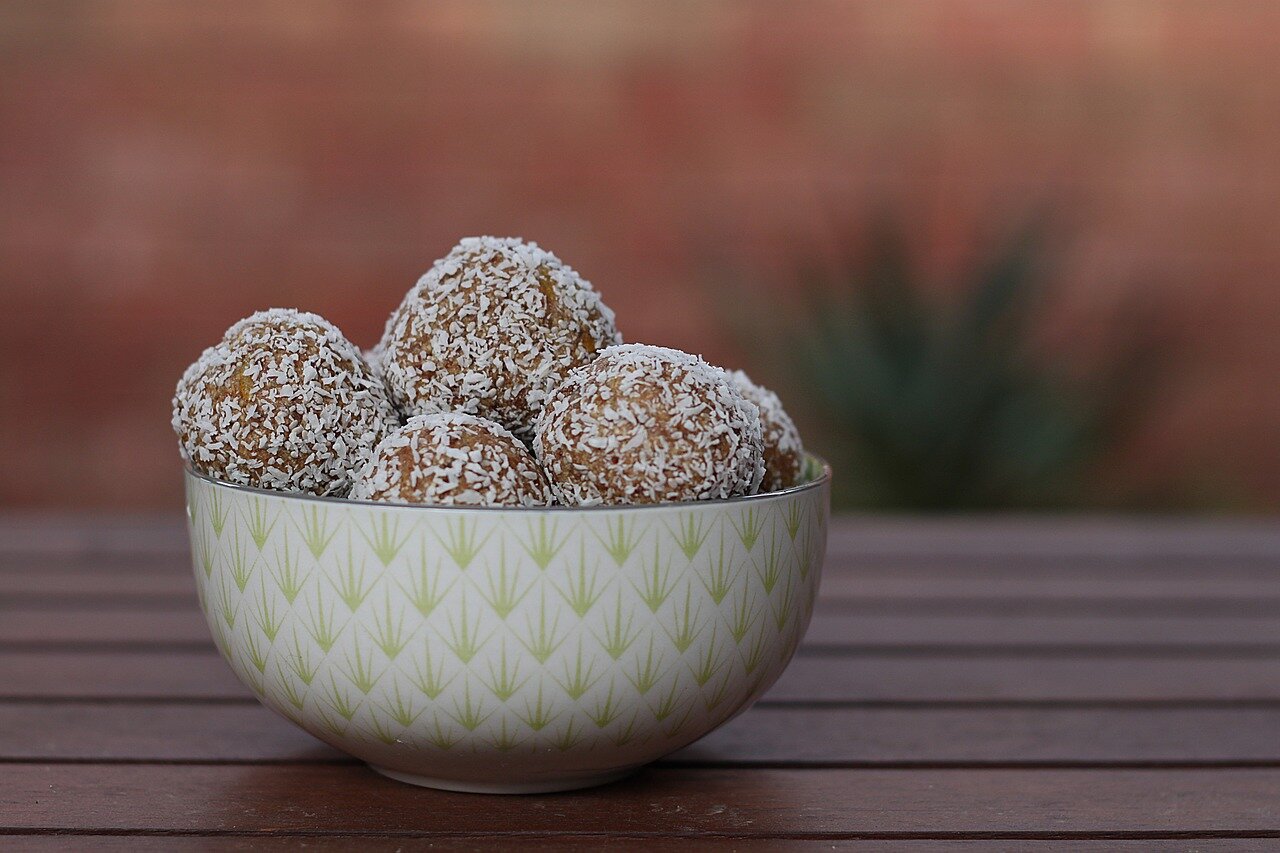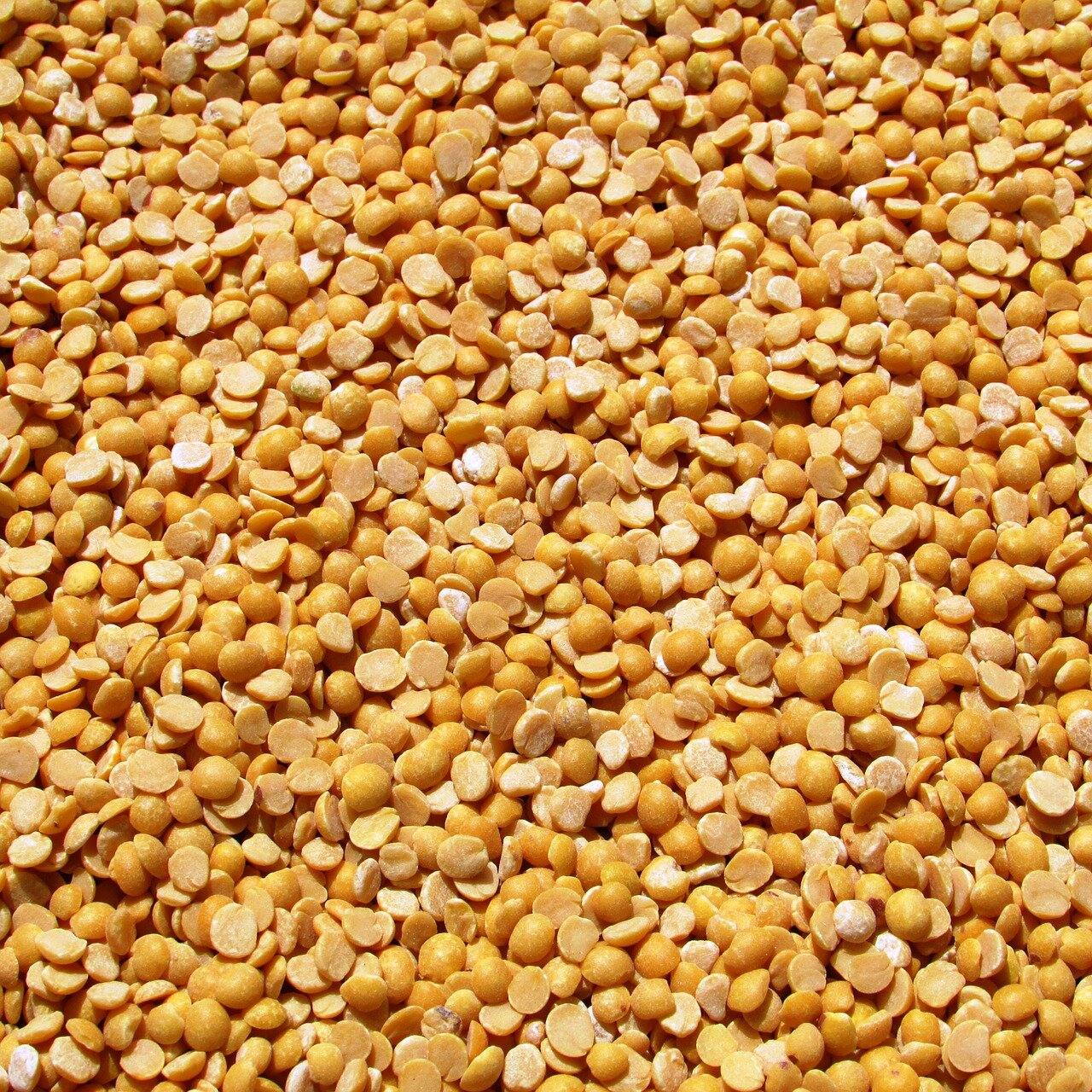Protein powder is an easy and efficient way to increase protein intake. For athletes and non-athletes alike, incorporating protein powder into daily diets is a simple way to increase protein intake. With a variety of protein powder options, it is important to differentiate between them to decide which is best for you. Common protein powder options include hemp protein, whey protein, soy protein and pea protein.
Hemp Protein
Hemp protein is a result of the hemp seed being ground to a powder. This powder is high in protein and contains other benefits from the hemp plant as well. Hemp protein contains all nine essential amino acids, the amino acids your body cannot produce on its own, and is easy for your body to digest.
Hemp protein, unlike other protein sources such as dairy, eggs or nuts, is a great option for people with allergies. There are no known allergies to hemp, making it the superior protein option for those with food allergies or sensitivities.
Since the protein comes from the hemp plant, hemp protein is a plant-based alternative to dairy-based proteins and is a suitable option for those living a vegan lifestyle, or for those with dairy allergies or intolerances.
Beyond the high protein content, hemp protein is also high in fiber, phytosterols, antioxidants and monounsaturated fatty acids. In just one scoop of hemp protein powder there are 12.6 grams of protein, 4.8 grams of fiber, 23 percent of the RDA of iron and is high in omega-3s. Rather than being integrated into the body when consumed, hemp protein is slowly absorbed and therefore provides your body with energy for several hours. The many benefits of hemp work to reduce inflammation and promote cardiovascular function, and can even aid in age-related brain decline.
Protein powders can be added to many foods, including protein balls or smoothies.
Whey Protein
Whey protein, which comes from the proteins in dairy, is a common protein powder to be mixed into shakes to boost protein intake. Like hemp protein, whey protein also provides the nine essential amino acids. It is easy to digest and offers high protein content.
In one scoop of whey protein there are 20 grams of protein, 20 grams of carbs and 0 grams of fat. Whey protein has been used as an appetite suppressor due to the high protein content, and has been used to develop lean muscles as well.
Whey protein promotes growth of healthy gut bacteria and can help with digestive disorders. However, because whey protein does come from cows, the dairy source may be a concern for those with dairy allergies, intolerances or ethical concerns.
“Are These The Next Best Protein Powders?” 12 Nov. 2018. Free Form Fitness.
Soy Protein
When the soy bean is processed down to soy isolate, it is 90 to 95 percent protein, creating soy protein. While high in protein content, soy beans are still low in fat and are a great source of lean, plant-based protein.
Soy protein also contains all nine essential amino acids. The benefits of soy also provide B complex vitamins, vitamin E, zinc, iron, phosphorus and potassium. For some, soy protein will not be a viable option as soy is a common allergen.
While there have been concerns related to soy and the phytoestrogens, recent studies have shown that consuming plant phytoestrogens do not affect human hormone levels. Contrary to this misconception, soy products have been shown to be beneficial for men and women alike and is a great protein option.
Pea Protein
Made from yellow peas, pea protein is another plant-based protein option that contains all nine essential amino acids. Pea protein offers 22.5 grams of protein per scoop, and contains a high content of iron, making it a great iron source. This high-quality protein also improves muscle growth and supports heart health.
Yellow peas are the source of pea protein powder.
Pea protein is also thought of as a sustainable protein option. Growing peas has a lower impact on the environment than raising cattle does, and is a viable option for those looking to obtain a high protein content while supporting sustainable methods of obtaining this protein.
Each protein powder option contains high protein content. Deciding which one is for you ultimately comes down to preference in terms of plant-based options, allergens and other benefits they provide. For high-quality hemp protein powder, check out IND HEMP’s selection of hemp protein powder.




